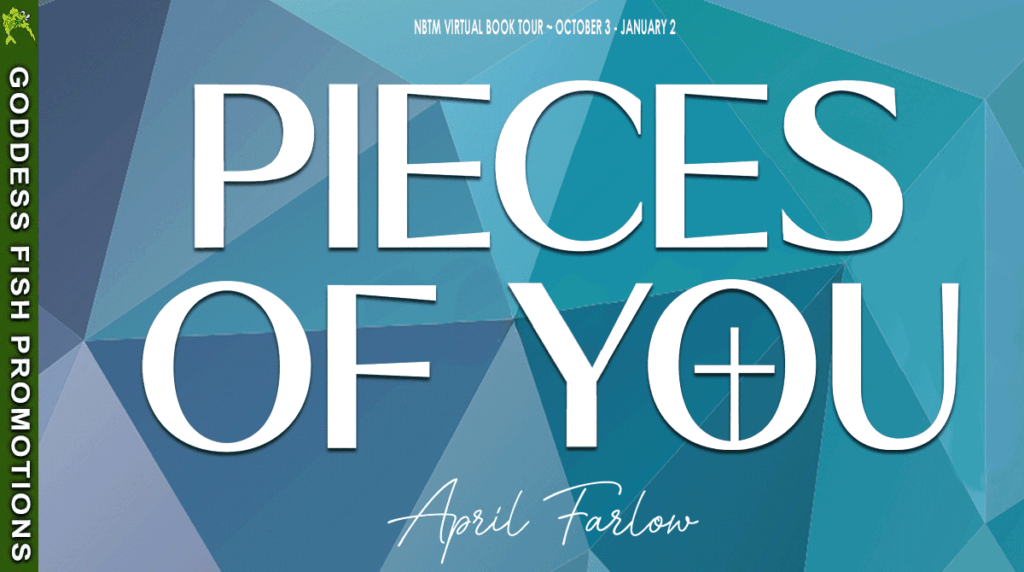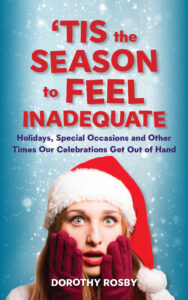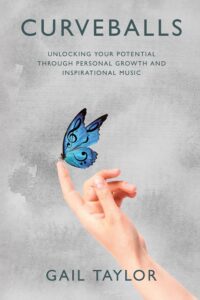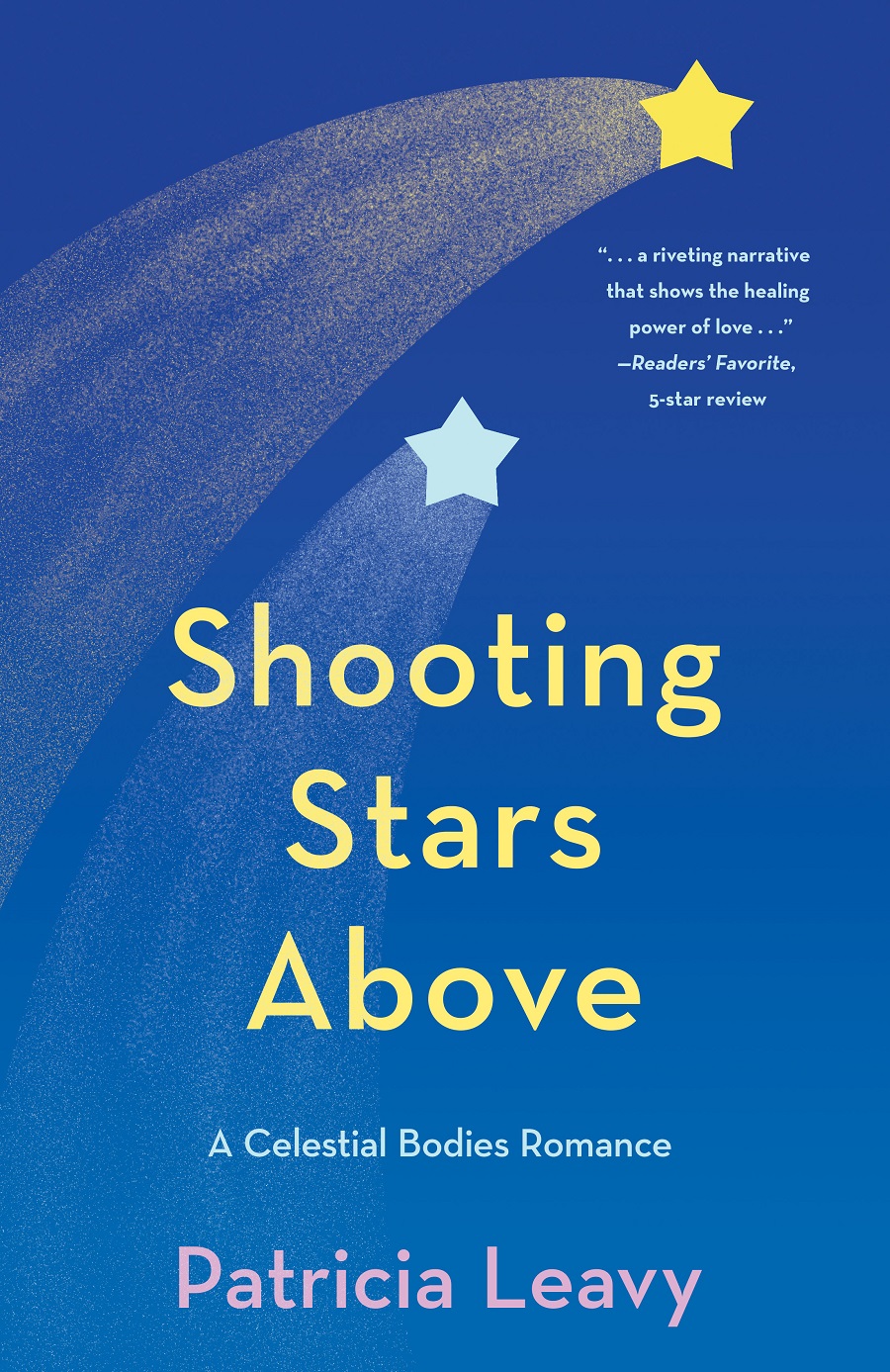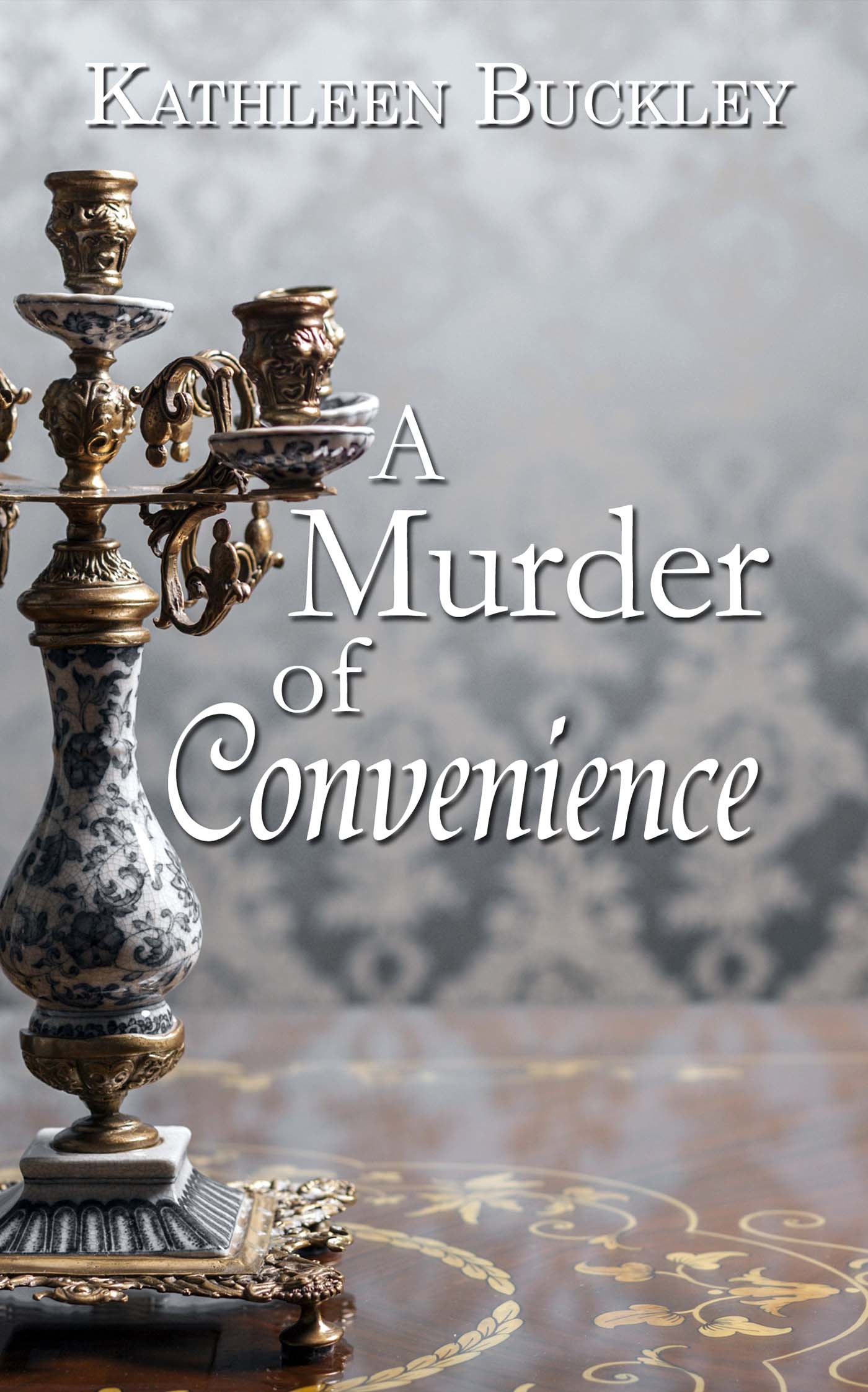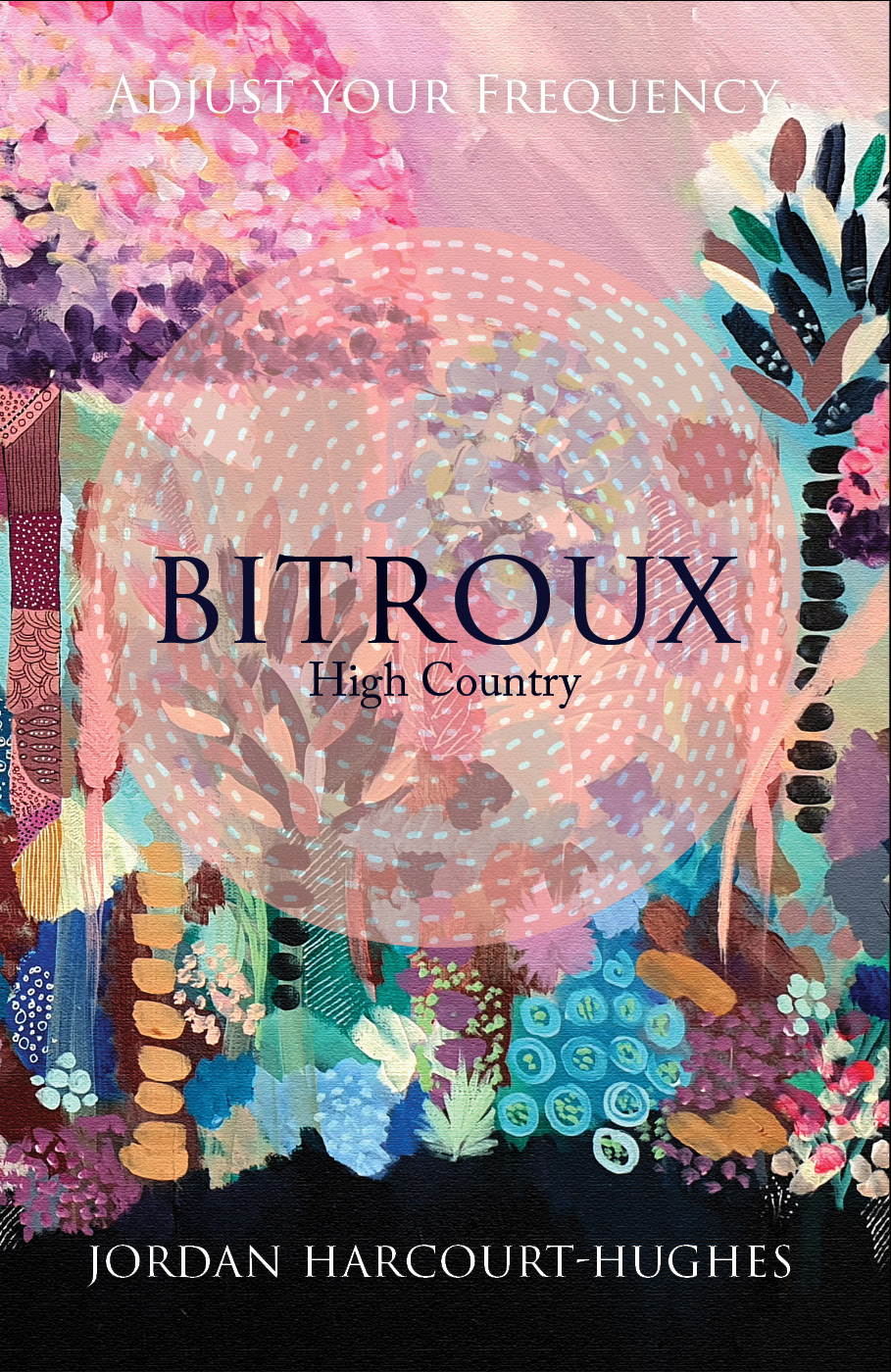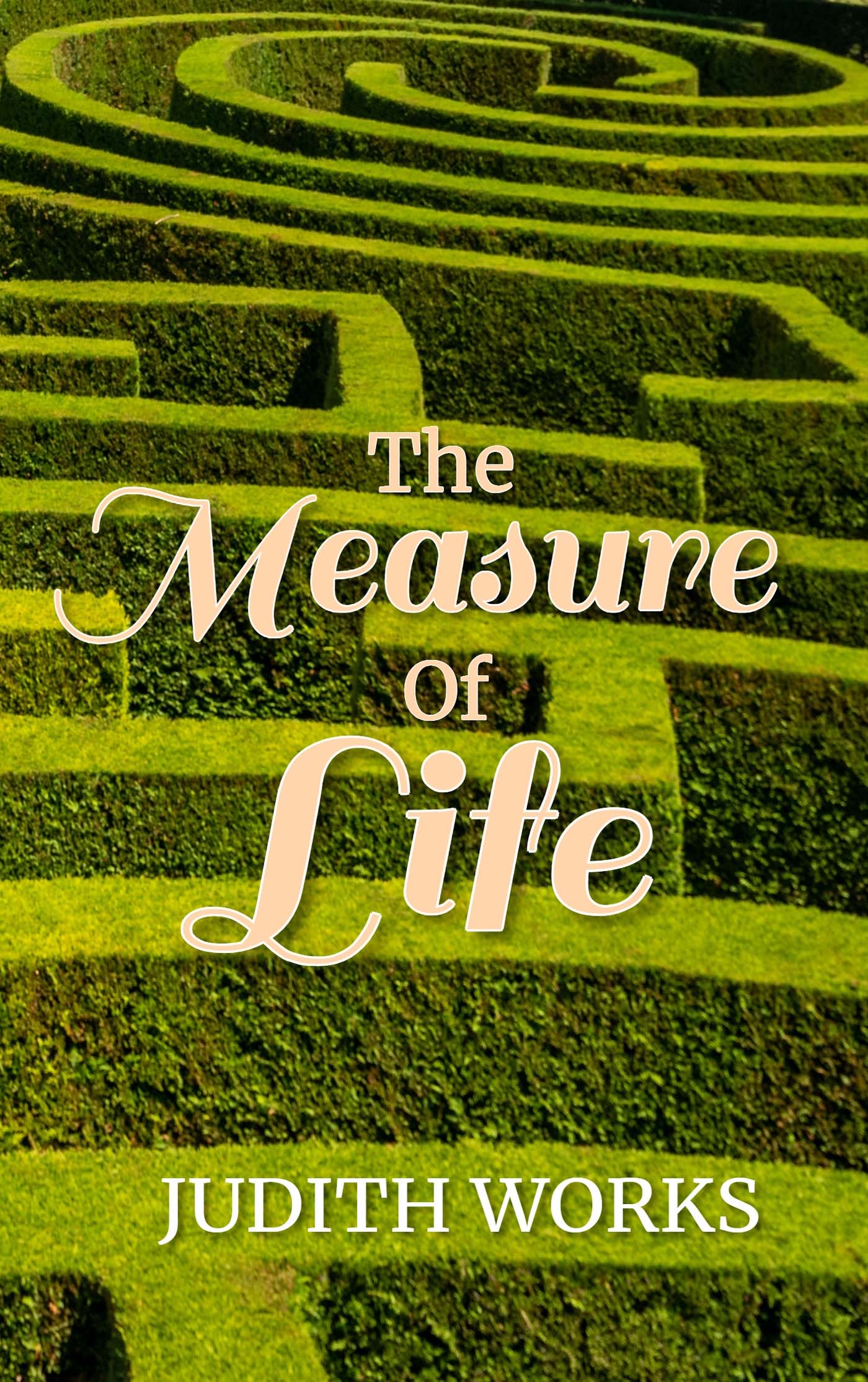This post is part of a virtual book tour organized by Goddess Fish Promotions. Farid Yaghini will be awarding a $10 Amazon/BN gift card to a randomly drawn winner. Click on the tour banner to see the other stops on the tour.
Farid Yaghini’s unforgettable memoir takes you on a journey from escaping persecution in Iran to rebuilding a life in Canada and serving on the frontlines with the Canadian military. Filled with humour, heart, and unflinching honesty, his story of resilience, redemption, and the founding of Camp Aftermath will inspire you to believe in the power of hope and human connection.
Enjoy an Excerpt
On the fourth night, I woke to my mother shoving bread into my jacket sleeves. Everyone around us was scrambling, panicked. The smugglers were making their move. My mother, my two-year-old sister, and I were crammed into the back of an SUV, sitting on jerry cans. One popped open, drenching us in gasoline. The driver, cigarette in hand, barely seemed to notice.
Hours later, we stopped in the middle of the desert. Just as we climbed out, headlights appeared in the distance. Without hesitation, our smugglers jumped back into their vehicles and tore off, leaving us stranded in the open. We ran for cover, crouching behind a hill as the approaching vehicles roared past. Not border patrol—just more smugglers.
Separated from my parents, I was sent off with my cousins and a group of young boys. This should have been terrifying, but to seven-year-old me, it was an adventure. No rules, no bedtime. We hid behind restaurants, rode in the backs of pickup trucks, and dodged guards at the border. One smuggler, Shahpur, fascinated me—his hand always on the gun in his jacket pocket. The day he set it down on a car hood, I touched it, awed.
Weeks later, I was reunited with my parents. I hadn’t seen them in so long that I forgot to be scared. But when I overheard them whispering about never returning home, I finally understood. We weren’t going back to Iran. Ever.
About the Author
Farid Yaghini was born in Iran and fled to Pakistan with his family to escape religious persecution following the Islamic Revolution of 1979. At the age of nine, he immigrated to Canada as a refugee, navigating the confusion and frustration of adapting to a new way of life. Through it all, he carried a deep sense of resilience, hope, and an irrepressible knack for finding humour, even in the most challenging moments.
Buy the book at Amazon





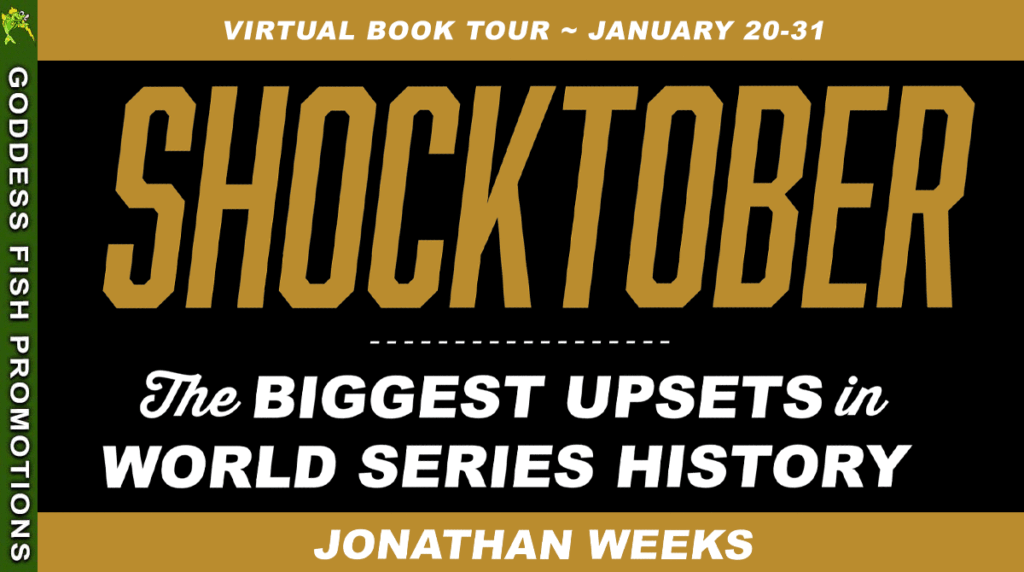


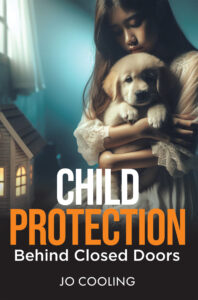 In the beginning, a tragic event started me on my journey to a destination and my love for helping children of all ages and their families.
In the beginning, a tragic event started me on my journey to a destination and my love for helping children of all ages and their families. The life of Jo Cooling is like living in a theme park: one minute, it’s like riding a roller coaster, baking cupcakes, cookies, and slices. With a kitchen covered with chocolate, flour, and cooking utensils. Also trying to develop new tastes and ideas for her growing baking business.
The life of Jo Cooling is like living in a theme park: one minute, it’s like riding a roller coaster, baking cupcakes, cookies, and slices. With a kitchen covered with chocolate, flour, and cooking utensils. Also trying to develop new tastes and ideas for her growing baking business.